Swimming’s governing body bans trans athletes from elite women’s races
Fina may introduce an ‘open’ category to allow trans swimmers to compete at highest level
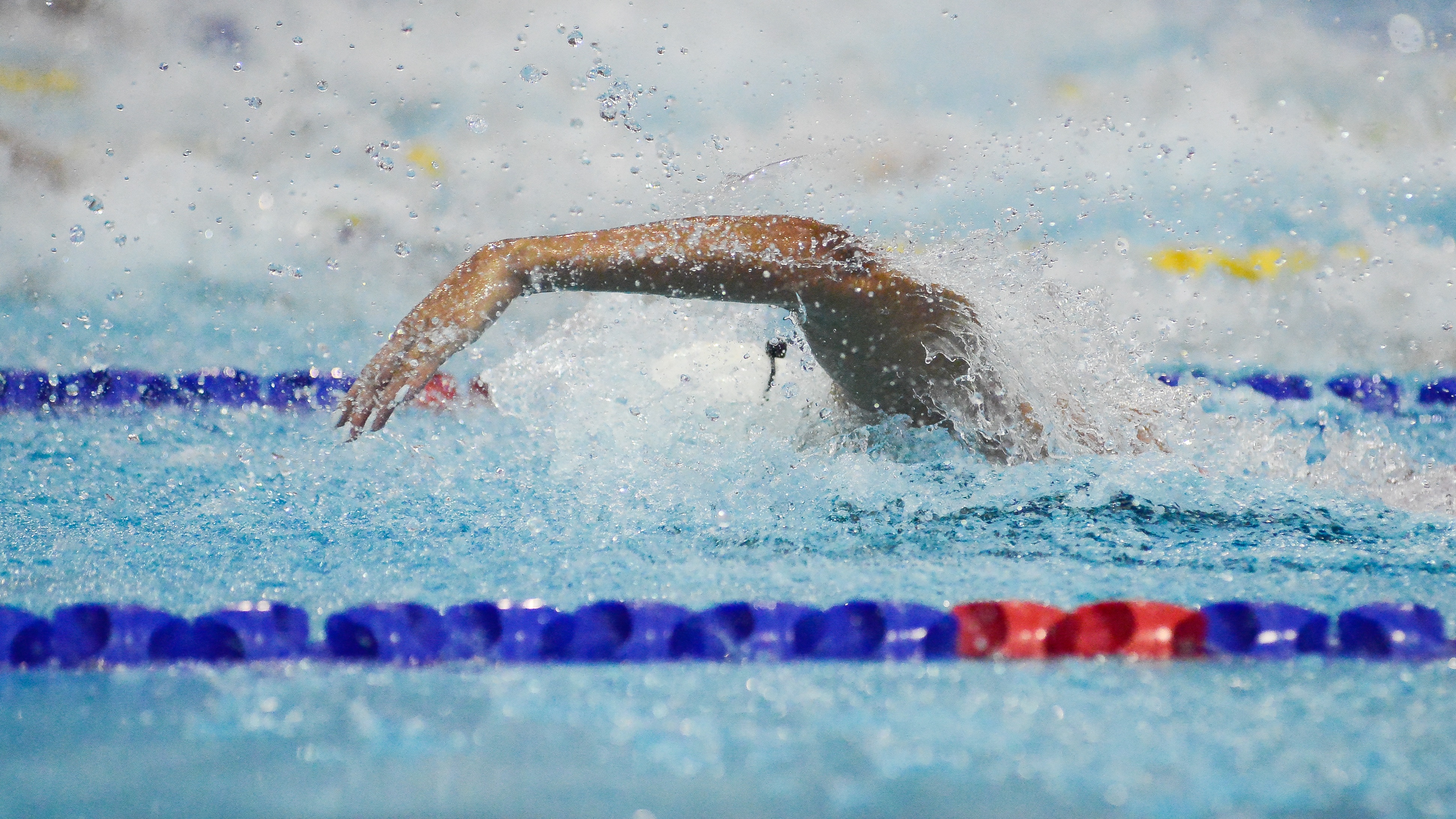
A free daily email with the biggest news stories of the day – and the best features from TheWeek.com
You are now subscribed
Your newsletter sign-up was successful
Swimming’s world governing body Fina has voted to stop transgender women from competing in women’s elite races if they have gone through any part of male puberty.
The new policy was adopted when 71% of Fina’s 152 national federations voted in favour at an “extraordinary” general congress at the ongoing World Championships in Budapest, reported BBC Sport.
The new rules, set out in a 34-page policy document, mean that male-to-female transgender athletes will only be able to compete in women’s categories “provided they have not experienced any part of male puberty beyond Tanner Stage 2 [which marks the start of physical development], or before age 12, whichever is later”.
The Week
Escape your echo chamber. Get the facts behind the news, plus analysis from multiple perspectives.

Sign up for The Week's Free Newsletters
From our morning news briefing to a weekly Good News Newsletter, get the best of The Week delivered directly to your inbox.
From our morning news briefing to a weekly Good News Newsletter, get the best of The Week delivered directly to your inbox.
It follows a report from a Fina scientific panel “that found trans women retained a significant advantage over cisgender female swimmers even after reducing their testosterone levels through medication”, reported The Guardian. The swimming body has promised to create a working group to establish an “open” category for trans women in some events as part of its new policy.
‘Seismic decision’
The new policy is a “seismic decision” that sets swimming apart from “most Olympic sports”, said The Guardian. Other sports use testosterone limits as a basis for allowing trans women to compete in women’s events, said the paper, “a stance that has promoted inclusion but has been criticised on unfairness grounds”.
Swimming is now only the second Olympic governing body to introduce a ban on “scientific grounds” and follows a similar decision made by World Rugby in 2020. It comes after a period of “widespread unease” in the sport after Lia Thomas, a US college swimmer who had formerly competed in the men’s category to moderate success, won an NCAA national college title this year after swimming in the women’s competition.
‘Complex balance’
The “heart” of the debate over whether transgender women athletes should compete in women’s sports “involves the complex balance of inclusion, sporting fairness and safety” and is “essentially” over whether trans women can compete in women’s categories “without giving them an unfair advantage or presenting a threat of injury to competitors”, said BBC Sport.
A free daily email with the biggest news stories of the day – and the best features from TheWeek.com
Trans women already have to adhere to several rules to compete in specific sports “including in many cases lowering their testosterone levels to a certain amount, for a set period of time, before competing”, the broadcaster explained.
But there have been concerns over whether athletes who have gone through male puberty “retain an advantage from going through male puberty that is not addressed by lowering testosterone”. Sports scientist Ross Tucker, who was a consultant on World Rugby’s transgender policy, said in The Telegraph: “Biological differences between males and females largely persist, even after a period of testosterone reduction, and this biology has significant implications for performance.”
‘Sport by definition is exclusionary’
Former British Olympic swimmer Sharron Davies, who has argued against transgender participation in women’s elite swimming, told BBC Sport she was “really proud of Fina”.
She said: “Sport by definition is exclusionary – we don’t have 15-year-old boys racing in the under-12s, we don’t have heavyweight boxers in with the bantamweights, the whole reason we have lots of different classes in the Paralympics is so that we can create fair opportunities for everybody.”
Davies said “the only people who were going to be losing out were females – they were losing their right to fair sport”.
‘Harmful, unscientific’
But LGBTQ advocacy groups have criticised the decision. Athlete Ally, which organised a letter of support for Thomas in February, called the new policy “discriminatory, harmful, unscientific” and not in line with guidelines set by the International Olympic Committee (IOC).
Current IOC guidelines state that there should be no presumption that trans women have an automatic advantage over natal women, and leaves individual sports to decide their own eligibility criteria for athletes.
Joanna Harper, a transgender sports scientist who has advised the IOC, told Newsnight in May that “the question isn’t, do trans women have advantages, but can trans women and cis-gender women compete against one another in meaningful competition?” She said that the answer “isn’t definitive in all sports” and that the scientific research in this area was “in its infancy”.
‘Manufactured crisis’
Fallon Fox, a transgender former mixed martial artist, called Fina’s decision a “knee-jerk reaction” to a “manufactured crisis in swimming”, and argued that there was little proof that transgender athletes threaten to dominate women’s sports.
She told the BBC Radio 4’s Today programme that if you “field test the hypothesis that transgender women have an unfair advantage” it becomes clear that “transgender women barely register as winning competitors”. Fox said: “People can only point to one national champion whose times are not good enough to allow her into the Olympics.”
-
 6 exquisite homes with vast acreage
6 exquisite homes with vast acreageFeature Featuring an off-the-grid contemporary home in New Mexico and lakefront farmhouse in Massachusetts
-
 Film reviews: ‘Wuthering Heights,’ ‘Good Luck, Have Fun, Don’t Die,’ and ‘Sirat’
Film reviews: ‘Wuthering Heights,’ ‘Good Luck, Have Fun, Don’t Die,’ and ‘Sirat’Feature An inconvenient love torments a would-be couple, a gonzo time traveler seeks to save humanity from AI, and a father’s desperate search goes deeply sideways
-
 Political cartoons for February 16
Political cartoons for February 16Cartoons Monday’s political cartoons include President's Day, a valentine from the Epstein files, and more
-
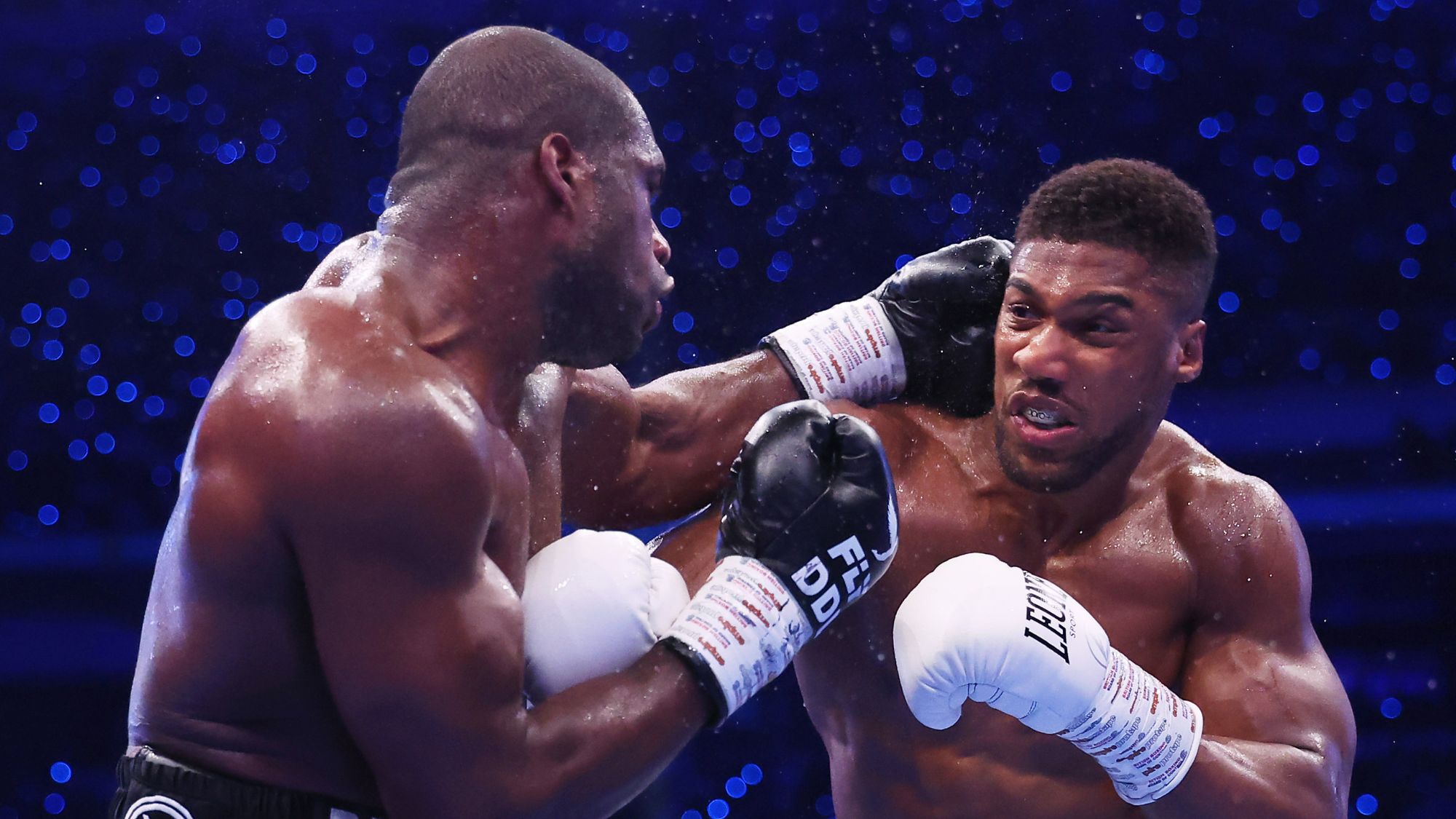 Is it time for Anthony Joshua to retire?
Is it time for Anthony Joshua to retire?After his latest brutal defeat, British boxing's 'poster boy' has a difficult choice to make
-
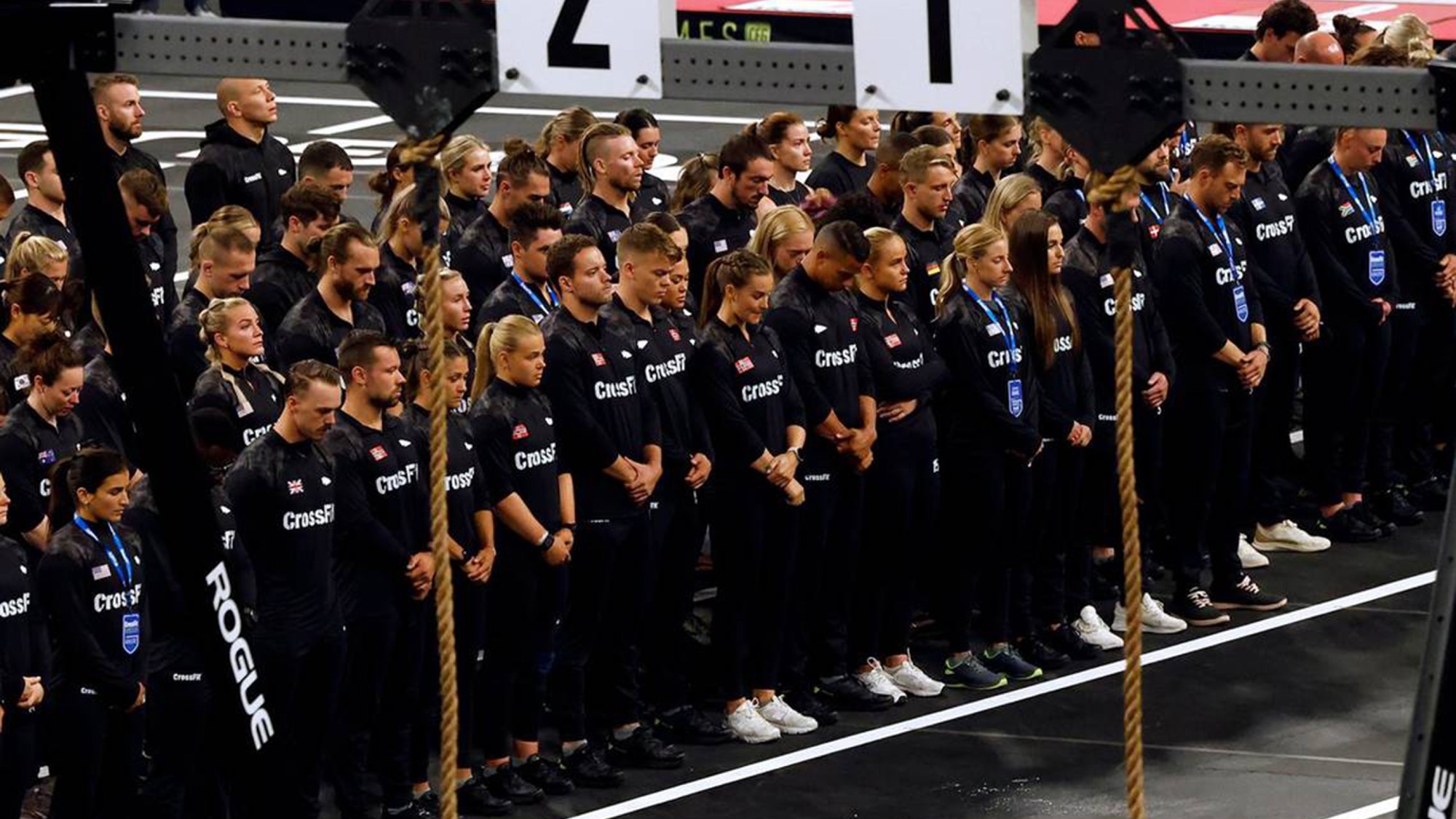 Will a death at the CrossFit Games change the sport?
Will a death at the CrossFit Games change the sport?Today's Big Question CrossFitter Lazar Dukic drowned during a competition earlier this month
-
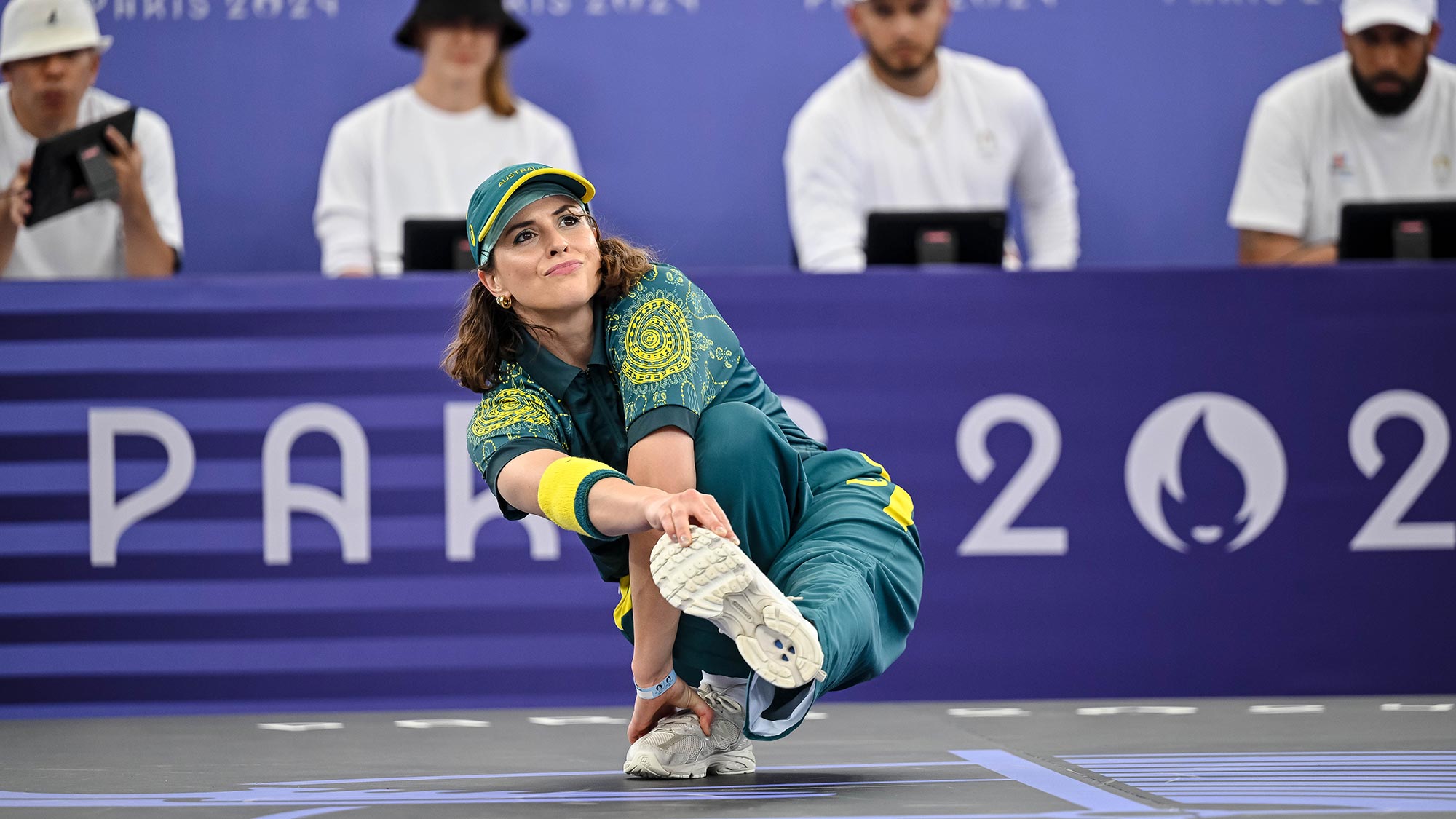 Raygun: heir to Eddie the Eagle?
Raygun: heir to Eddie the Eagle?Talking Point Australian Olympic breakdancer Rachael Gunn has become 'a worldwide meme'
-
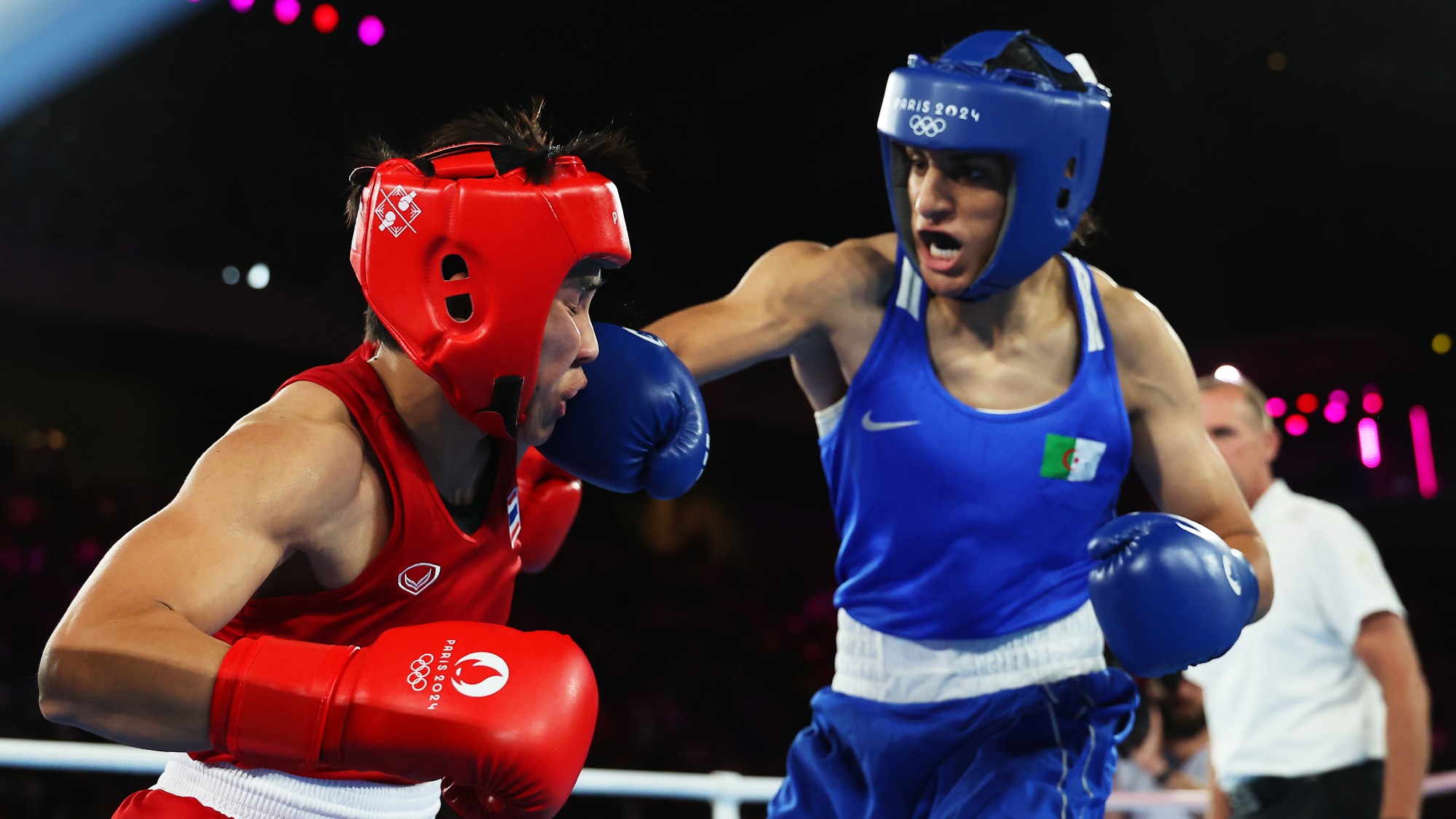 Boxing at the Olympics: the row over sexual differences
Boxing at the Olympics: the row over sexual differencesTalking Point Controversy over Imane Khelif and Lin Yu-ting shines a spotlight on the murky world of gender testing – and the IOC's inaction
-
 Has geopolitical wrestling overshadowed the Olympics?
Has geopolitical wrestling overshadowed the Olympics?Today's Big Question Global political tensions and culture war issues have loomed large in Paris
-
 Is a new English football regulator an own goal for the game?
Is a new English football regulator an own goal for the game?Talking Point PM hails 'historic moment for football fans' but West Ham owner warns it could 'ruin' Premier League
-
 English football and the etiquette of leaving the stadium early
English football and the etiquette of leaving the stadium earlyTalking Point The belief that 'true fans stay to the end' does not always apply
-
 The Parkrun records row
The Parkrun records rowIn the Spotlight Weekly fun run deletes historic comparative data from website amid row over trans participants